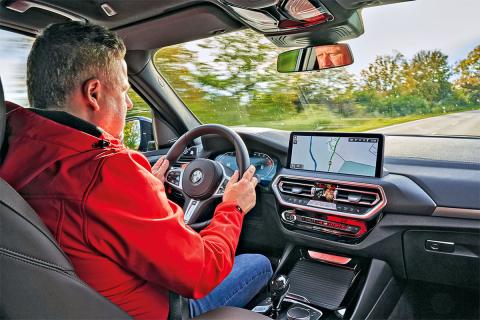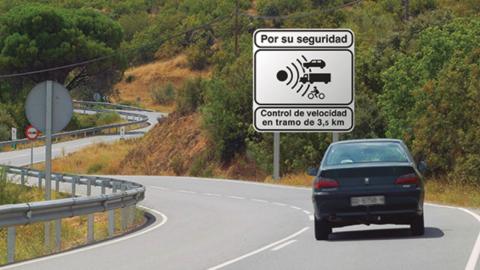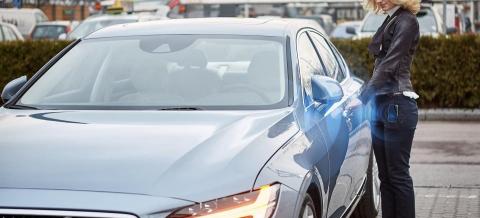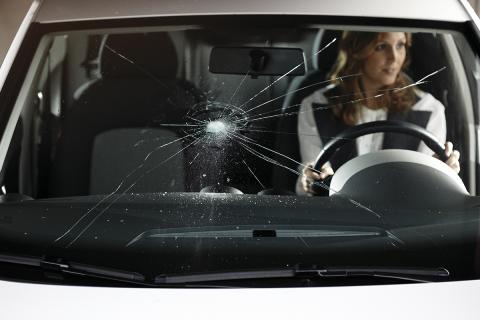AUTOBILD
If you are one of those who does not lend the car for fear of receiving a penalty for something you have not done, it is because you are not entirely clear about the answer to these two questions: Who is responsible for the fines? The owner or the driver of a vehicle?
Driver and owner of a vehicle are not always the same person. The Law does not prevent someone from driving the car of their father, mother, brother, cousin, friend or roommate (the relationship does not matter), as long as the driver meets the requirements established in the insurance policy (there are, for example, that set limits based on age).
If this last precept is not complied with, in the event of an accident, the insurance company may decide not to cover the expenses since the person behind the wheel is not insured. But this has nothing to do with responsibility in the event of a sanction.
Driver, regular driver and owner of the vehicle
As the lawyers of Pyramid Consulting recall, the Road Safety Law contemplates three figures:
-
Driver: person who is in command of a vehicle.
-
Regular driver: person who, having the necessary driving license, registered in the Registry of Drivers and Offenders and with their consent, communicates by the owner of the vehicle or, where appropriate, by the long-term lessee to the Vehicle Registry, for being the one who usually drives the vehicle
-
Vehicle owner: person in whose name the vehicle is registered.
The same rule establishes a series of obligations for each of them.
The driver of the vehicle must use it “with the necessary diligence, precaution and attention to avoid any damage, to their own or to others, taking care not to endanger themselves or the rest of the vehicle’s occupants and road users”.
While the owner of a vehicle has the obligation to provide the Administration with the identification of the driver at the time of committing an infraction, including the driving license number that allows identification in the Registry of Drivers and Offenders.
Owner or driver, who is responsible for the fines?
The person responsible for the fines in principle will be the one who has committed the infraction, but there are exceptions (which we see later). Now, it may happen that the driver is not the owner; but even so, the DGT will send the sanction to whoever appears as the owner unless he has reported that there is a regular driver.
“In the event that the owner of the vehicle informs the Vehicle Registry of the Central Traffic Headquarters of the identity of the habitual driver, the first is exempt from the previous obligations, which are transferred to the habitual driver,” Pyramid’s lawyers explain.
“If, on the contrary, a regular driver had not been designated, the owner must identify the responsible driver or lessee of the vehicle, in accordance with the obligations indicated above,” they add.
The owner, or registered long-term lessee, will be responsible for speeding, parking or non-payment of tolls, unless the regular driver has been designated or the driver responsible for the event is identified.
Fines that are always the responsibility of the driver
Using seat belts, helmets and other restraint systems are always the driver’s responsibility.
“The driver of any vehicle for which the use of a helmet by the driver and passenger is required will be responsible for the non-use of the helmet by the passenger, as well as that they do not have the required minimum age,” they clarify. The driver will also be responsible for the non-use of child restraint systems.
In cases where the vehicle does not stop, if it had a designated regular driver, he would be responsible; unless it proves the driving of another driver or the theft of the vehicle.
Fines that are always the responsibility of the owner of the vehicle
When the infraction committed is related to the documentation of the vehicle, periodic inspections and its state of conservation (ITV, compulsory insurance, tires or vehicle accessories…), the person responsible will be the owner.












